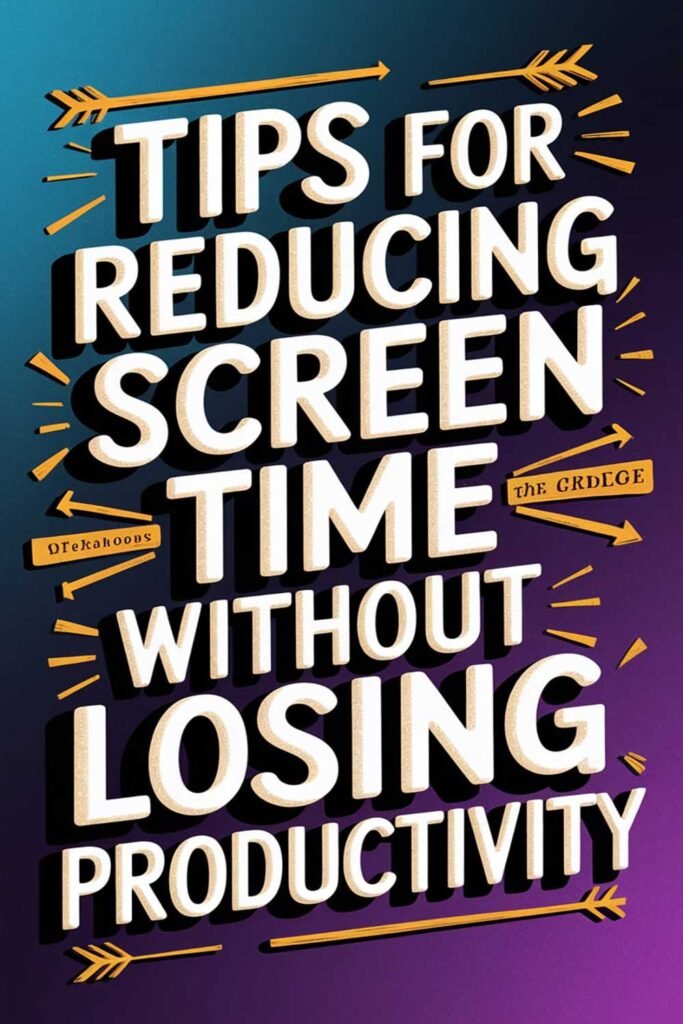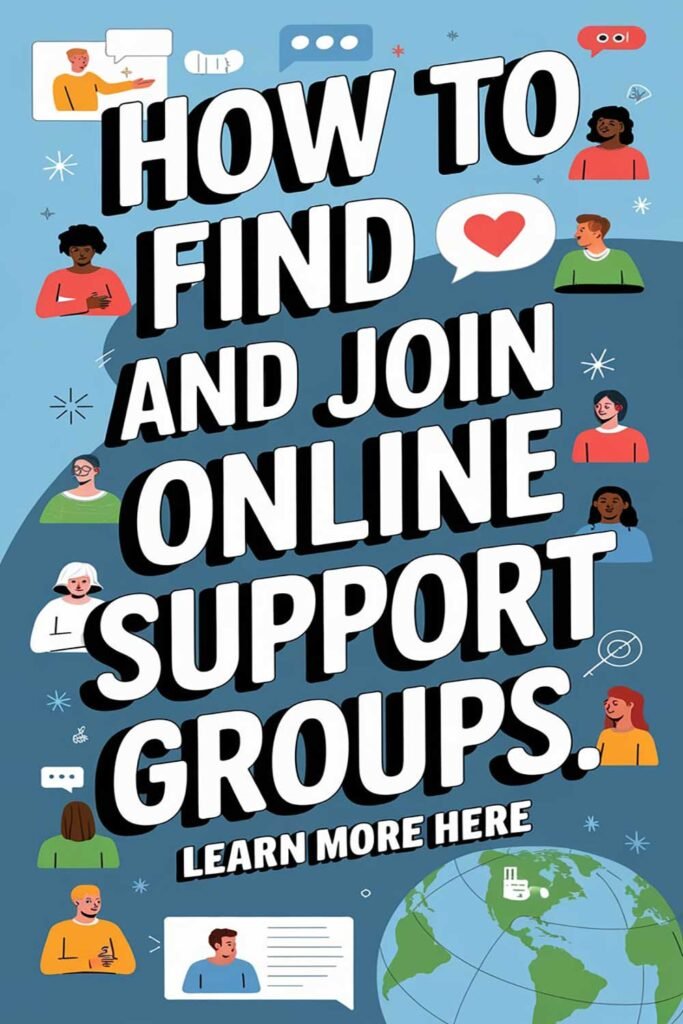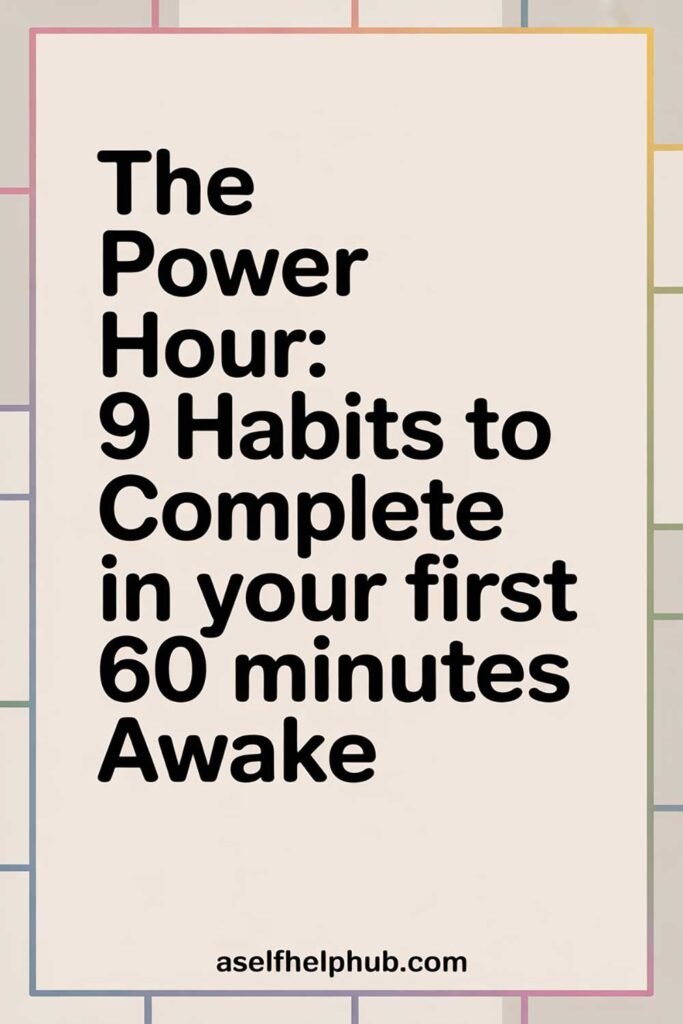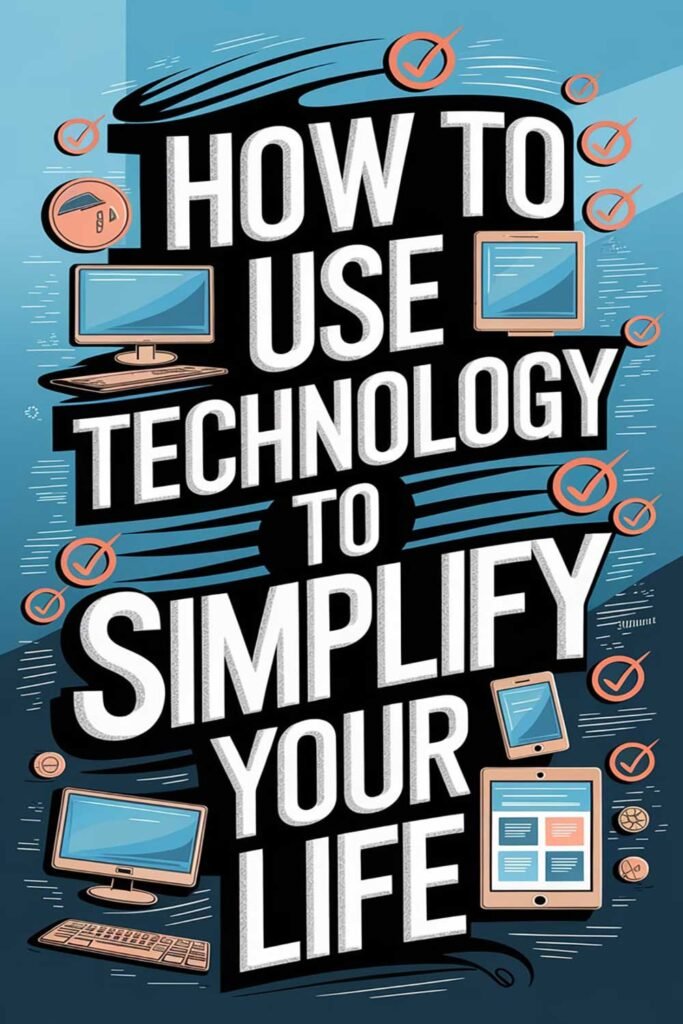How Virtual Reality is Changing the Self-Help Space
Virtual Reality (VR) is revolutionizing various industries, and the self-help space is no exception. With immersive experiences, interactive learning, and innovative therapy solutions, VR is transforming personal development, mental health treatment, and self-improvement techniques. Whether it’s overcoming phobias, enhancing mindfulness, or boosting confidence, VR offers a new and exciting way to engage in self-help practices.

The Role of VR in Self-Help
1. Immersive Therapy and Mental Health Treatment
VR provides therapeutic solutions for anxiety, PTSD, and phobias by immersing users in controlled environments where they can face and gradually overcome fears. Programs designed for exposure therapy allow individuals to experience and process traumatic situations in a safe, guided manner.
2. Guided Meditation and Mindfulness Training
Traditional meditation techniques can be challenging for some people due to distractions. VR meditation apps create serene environments—such as peaceful forests, beaches, or outer space—that help users deepen their mindfulness practice with guided sessions and visual relaxation techniques.
3. Public Speaking and Confidence Building
Fear of public speaking is a common issue, but VR simulations allow users to practice speeches and presentations in realistic virtual environments. By simulating audiences and real-life scenarios, VR helps individuals build confidence and improve communication skills.
4. Personal Development and Habit Formation
VR-based self-help programs guide users through habit formation, visualization exercises, and goal-setting strategies. With engaging activities and gamification elements, VR can make personal development more interactive and effective.
5. Fitness and Mental Well-being
Virtual reality fitness programs incorporate gamified exercise routines that encourage physical activity while also improving mental health. VR workouts can help reduce stress, increase motivation, and make fitness a more enjoyable and immersive experience.
The Benefits of Using VR for Self-Help
- Enhanced Engagement: Interactive experiences keep users more focused and committed to their self-improvement goals.
- Personalized Growth: Many VR self-help programs adapt to individual progress and provide customized feedback.
- Reduced Anxiety: Exposure therapy through VR helps desensitize fears and anxieties in a controlled setting.
- Convenience: VR therapy and self-help tools are accessible from home, making personal growth more convenient and affordable.
- Safe Space for Practice: Users can work on skills like assertiveness, communication, and mindfulness without fear of judgment.
Challenges and Considerations
1. Cost and Accessibility
While VR technology is becoming more affordable, high-quality VR experiences still require investment in headsets and compatible devices. Not everyone has access to this technology yet.
2. Risk of Over-Reliance on Technology
Overuse of VR self-help programs may lead to reduced real-world social interactions. It’s essential to balance virtual experiences with real-life practice.
3. Quality of Content
Not all VR self-help programs are created equal. Users must be cautious about choosing reputable, well-developed programs that provide legitimate guidance and research-backed techniques.
4. Motion Sickness and Discomfort
Some individuals experience motion sickness or discomfort while using VR, which may limit its effectiveness for certain users.
Popular VR Platforms for Self-Help
- TRIPP: A VR meditation and mindfulness app that enhances relaxation and mental clarity.
- Healium: Uses biofeedback and VR to promote emotional resilience and stress management.
- Fearless VR: A tool for overcoming phobias through gradual exposure therapy.
- VirtualSpeech: A VR platform designed to help users improve public speaking and communication skills.
- Supernatural: A VR fitness app that integrates exercise with mindfulness and motivation.
Inspirational Quotes on Virtual Reality and Self-Help
- “Virtual reality is the first step in a grand adventure into the landscape of the imagination.” – Frank Biocca
- “The power of VR is to put you somewhere else, allowing you to change your perspective and experience personal growth in new ways.” – Unknown
- “The mind is the most powerful tool, and with VR, we now have the means to shape it like never before.” – Unknown
- “Technology should be a bridge to self-improvement, not a barrier to real-world experiences.” – Unknown
- “We create our reality—sometimes, all it takes is a new perspective to unlock personal transformation.” – Unknown
- “Growth begins outside of your comfort zone, and VR is the perfect tool to push those boundaries.” – Unknown
- “Your virtual experience today can empower your real-life success tomorrow.” – Unknown
- “Change your mindset, change your world—VR just makes the process more immersive.” – Unknown
- “Healing, learning, and growing are no longer confined to the physical world.” – Unknown
- “Step into a new reality, and step into a new version of yourself.” – Unknown
Picture This…
Imagine stepping into a beautifully serene VR meditation space, free from distractions. As you breathe deeply, you feel completely present, surrounded by peaceful nature sounds and guided affirmations. Later, you practice a virtual public speaking session, confidently presenting to a simulated audience without fear of judgment. Every day, you engage in an immersive personal growth experience tailored to your unique journey. With VR, self-help isn’t just a concept—it’s an interactive reality. Wouldn’t that make personal transformation more engaging and effective?
Please Share This Article
If you found this article insightful, consider sharing it with someone who might benefit from exploring how VR is transforming self-help and personal development.






